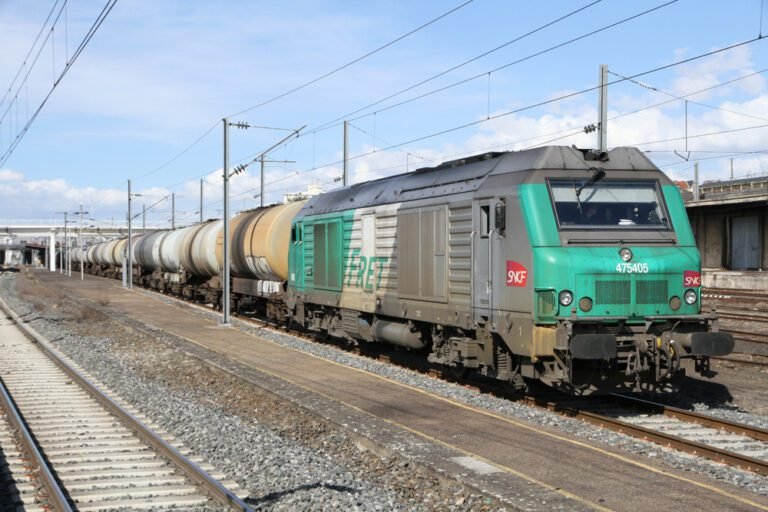Europe’s largest rail freight companies face major challenges in 2024, despite efforts by politicians to encourage more freight movement by rail and less by road. In some countries, new ownership or new companies represent a challenge to established operators and provide business opportunities for small businesses.
In most of Europe, the largest rail freight company is an arm of state railways, or former state railways in the event of privatization. However, this is changing, partly due to the intervention of European regulators and partly as new investors enter the market.
Regulatory measures lead to changes in France
A long-running EU investigation looked into unfair government subsidies for Fret SNCF, the freight subsidiary of French Railways (SNCF). As a result, during 2023 SNCF agreed to spin off the business and hand over some traffic to competitors to avoid further sanctions and investigations. The decision, although portrayed as coming from SNCF, was taken by the French government, which wanted to avoid potentially more dramatic outcomes. A possible alternative would have been forced repayment of funds that had been improperly provided; This could have led to the bankruptcy and closure of Fret SNCF.
Between 2007 and 2019, Fret SNCF recorded losses of €5.3 billion ($5.8 billion). These were covered by transfers within the SNCF holding company, which the EU Commission considers unfair state aid, as the SNCF holding companies are wholly owned by the French state and rail freight is supposed to be a commercial activity. A capital injection of €170 million ($187 million) by the government at the time of the 2018 railway overhaul has also been identified as unfair aid.
In the last two years, Fret SNCF has begun reporting operating profits (€208/$228 million on turnover of €1.7/$1.86 billion in 2022 and €226/$248 million in 2021), but It appears that these profits were largely due to cost. Savings measures, one-time sales to subsidiaries – which helps reduce debt – or direct subsidies for the operation of automobile traffic.
The decision to break up the company has drawn widespread criticism in France, where Fret SNCF has embarked on a cost-cutting programme. Fret SNCF will be divided into two new companies, which may be partially or completely privatized later, and about 30% of existing traffic (20% of revenue), as well as equipment (including 53 locomotives) will be handed over to competing operators. These expressly exclude any of SNCF’s many shipping companies. More than 500 jobs are likely to be cut, and French railway workers’ unions are strongly objecting, although it is unclear whether the government will change its mind.
Fret SNCF will likely have to lose intermodal traffic and block train traffic, while retaining carload traffic. This has increased in recent years, thanks in part to generous government subsidies, as is the case in some other EU countries. The French government announced in May 2023 that it would provide €320/$351 million annually to support rail freight – to all eligible operators, not just Fret SNCF. More than half of the subsidies are allocated to reduce trail access fees by another section of the SNCF. The government has committed to subsidizing the operation of rail freight until at least 2030 as part of efforts to achieve its goal of doubling rail’s share of freight transport this decade.
Wider implications?
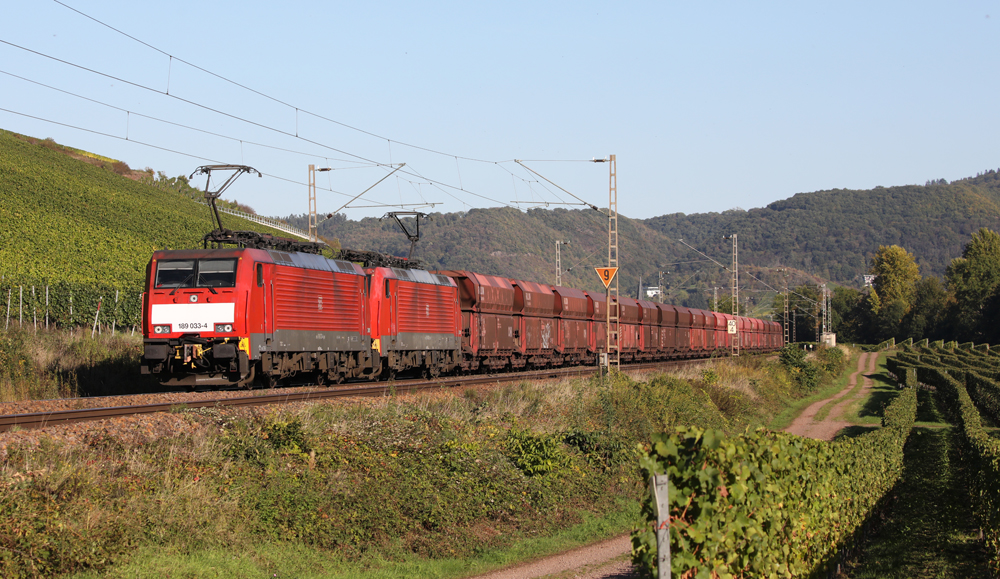

SNCF is not the first state railway company to breach EU state aid rules, but the SNCF Fret case has prompted industry watchers in Germany to debate whether DB Cargo might suffer a similar fate, as it is constantly losing money but still running thanks to the work. To its parent company.
DB Cargo, owned by the national railway company Deutsche Bahn, is Germany’s largest rail freight company. Like Fret SNCF, DB Cargo has benefited from investment made by the wider DB Group and the German government, while, like its French counterpart, it routinely loses money. In 2022, DB Cargo reported a loss of €257/US$282 million on a turnover of €5.2/$5.7 billion. DB Cargo has also expanded throughout Europe, buying up existing rail freight companies in several countries and setting up new operations in others. Since 2017, it has spent €1.7 billion/$1.87 billion on new equipment – mostly freight cars and locomotives – for its German and European companies.
The possibility of DB Cargo having to break up its business, as happened in France, is being taken seriously, and in late 2023, DB Cargo announced a series of cost cuts and layoffs at its non-German companies. The engineers were laid off by the British company, formerly called EWS and largely owned by Wisconsin Central. DB bought it from Canadian National, which bought WC in 2007. Rail unions have reported similar layoffs in Germany.
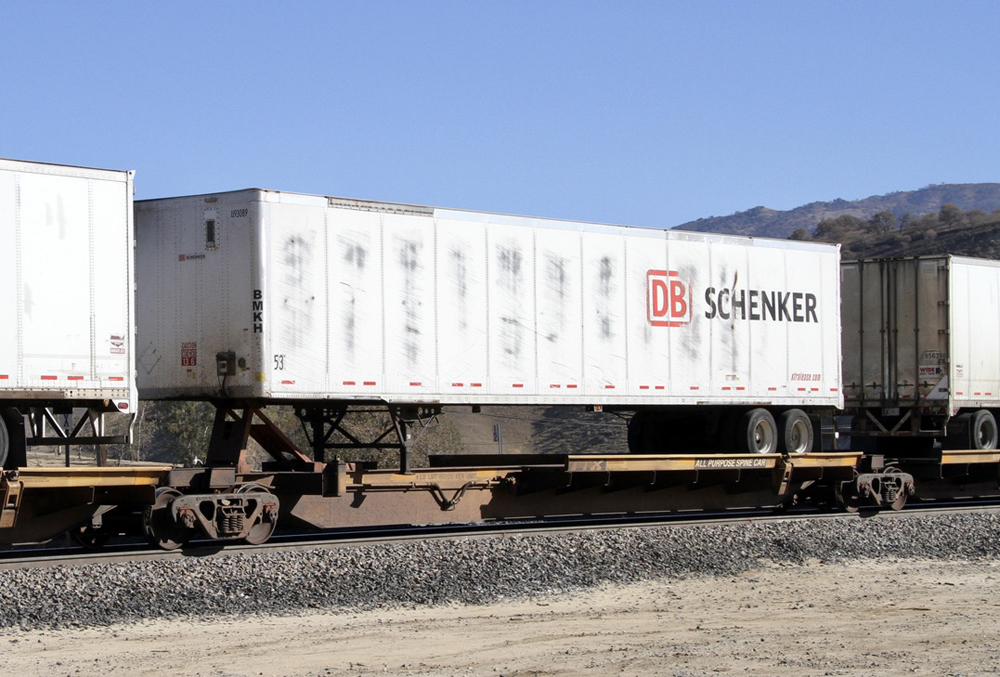

DB announced the sale of its logistics arm, DB Schenker, in mid-December, but this does not include DB Cargo. DB Schenker has remained consistently highly profitable, with earnings of €1.84/US$2 billion on turnover of €27.6/$30.3 billion in 2022. DB Schenker is selling primarily at the request of the German government, and its shareholders – partly to repay Debts and debt repayment. Partly to force DB to focus on running Germany’s railway system properly.
DB Cargo has many competitors in Germany, although the majority are specialists or short line operators. The biggest competitor is the German subsidiary of the Italian state railway FS. Its freight subsidiary Mercitalia bought one of Germany’s largest rail freight companies, TX Logistics, which specializes in intermodal traffic between major northern ports in Europe and Italy, in a deal completed in December. FS’ Trenitalia’s Italian shipping business was also the subject of a European antitrust investigation that concluded in November 2023; In contrast to the French case, the investigation largely accepted the assistance provided by Trenitalia.
Private companies are becoming more important
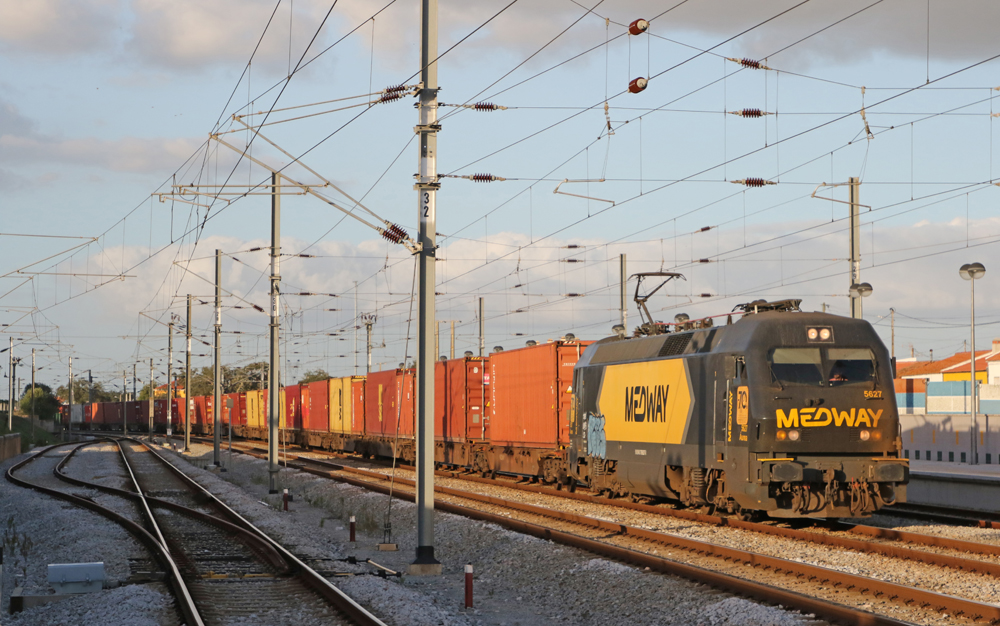

Elsewhere in southern Europe, a new major player in rail freight is emerging – and the company in question is already the world’s largest shipping line. Mediterranean Shipping has spent big money in recent years expanding into businesses that complement its core business. Italian media reports in 2023 indicate that the privately owned Swiss company made profits of €36.2 billion ($39.7 billion) in 2022, which if true suggests it has significant money to invest. MSC bought the former state-owned rail freight company in Portugal and established several new rail freight companies in Italy and Belgium. All are Medway branded. It also owns some rail concession operators in West Africa, and recently agreed to buy half of privately owned Italian high-speed rail operator Italo from US investors. MSC is already involved in the passenger transport market via cruise ships and ferries.
By expanding into rail freight, MSC controls more of the entire logistics process, as it also owns many of the containers its customers use, as well as the ships they sail on. For some routes, it now controls the journey from the factory or distribution center to the port where the container is loaded onto one of its more than 500 ships for transportation around the world. Perhaps not surprisingly, MSC has been suggested as a potential buyer for DB Schenker, but there are several potential suitors and the outcome will not be known until mid-2024.
This year will see Medway, which has owned the Portuguese state-owned rail freight company since its privatization in 2015, finalize a new joint venture with the Spanish state-owned rail freight company Renfe Mercancías. Under the agreement, you get a 50% stake in the loss-making company. Rail handles just 4% of freight transport in Spain as of 2021, while in Portugal, where Medway is the largest operator, the proportion is 11% – so there appears to be room for Medway and Renfe Mercancías to grow the market.
In late 2023, MSC also became a co-owner of Europe’s largest port in Hamburg, Germany, along with the local state government. Hamburg port operator HHLA was already a major rail freight operator via its Metrans subsidiary, which carries intermodal traffic between Germany and Eastern Europe. In the United States, MSC has not entered the rail market, but one of its subsidiaries is an investor in a planned container terminal serving rail at the Port of New Orleans (see “Port of New Orleans Announces Plans…”,” Trains News Wire, December 2018). 13, 2022).
Elsewhere in Europe, rail freight companies have been privatized with mixed results. The largest company to be privatized is Poland’s former state-owned PKP Cargo, which has been mostly privately owned since its flotation on the Warsaw Stock Exchange in 2013-14. About a third of the shares are still owned by the state-owned Polish railway company PKP, and the rest is owned by Polish and international investors. PKP Cargo remains Poland’s largest rail freight company, but faces competition from companies including DB Cargo, which has invested heavily in new equipment after expanding a Polish company it bought in 2009 and renamed DB Cargo Polska. PKP Cargo has announced a return to profitability in 2023 after the combined impact of the coronavirus (COVID-19) pandemic and the war in neighboring Ukraine hit the business hard in recent years.
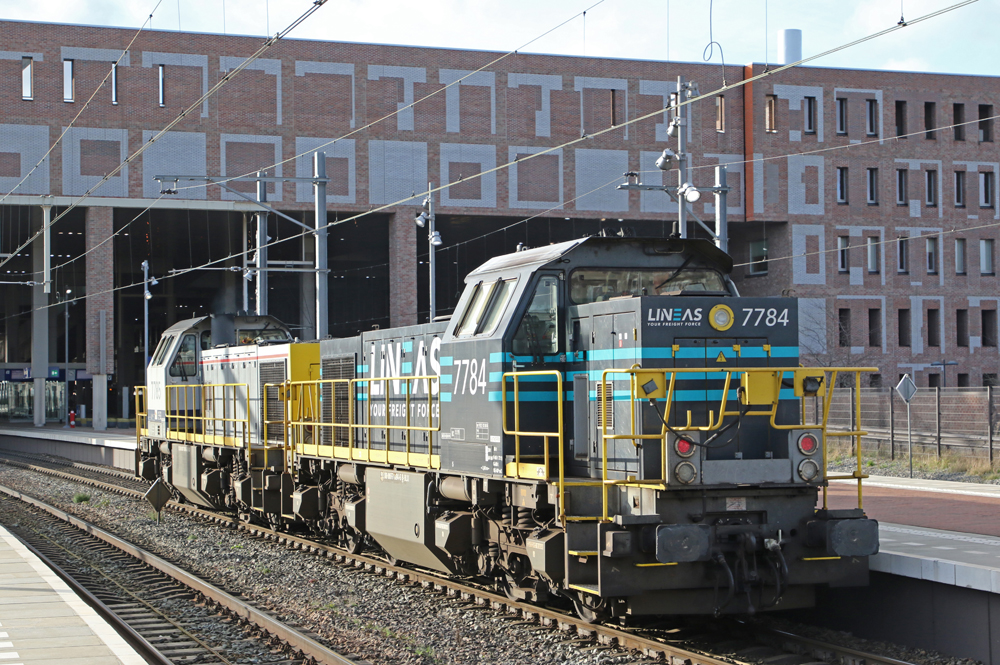

In much smaller countries such as the Netherlands and Belgium, state-owned rail freight companies have been sold off. In the Netherlands, the company has been bought by DB Cargo since 2003. In Belgium, the former rail freight arm of Belgian national rail operator SNCB was privatized and sold in 2015 to a French investment company, which now owns 90% of the company. The company, which was rebranded as Lineas. The Belgian government and administration retain a small stake. Lineas describes itself as “Europe’s largest private rail freight operator”. It has expanded its operations in the past five years, focusing on long-haul traffic from Dutch and Belgian North Sea ports using a fleet of chartered electric tugs, but has experienced several years of losses with large amounts of debt. In late 2023, Lineas was reported to be looking for new investors.





